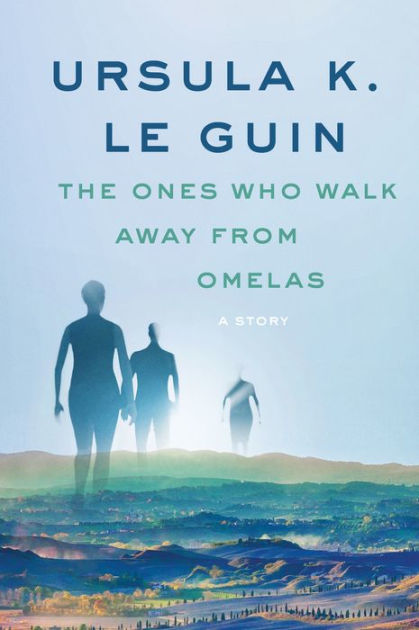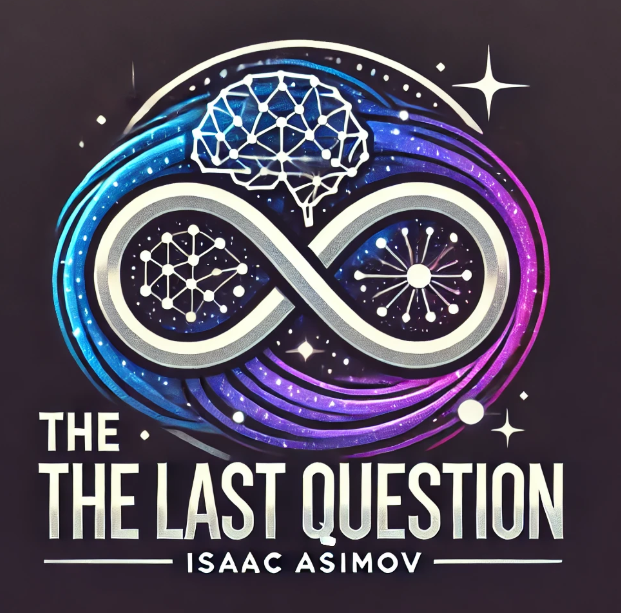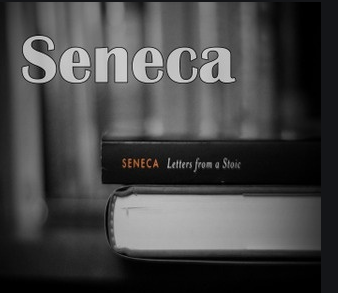The Ones Who Walk Away from Omelas
Teaching “The Ones Who Walk Away from Omelas”: A Comprehensive Educational Guide
Introduction
Ursula K. Le Guin’s “The Ones Who Walk Away from Omelas” presents a powerful platform for teaching complex moral reasoning, social awareness, and critical analysis skills to high school students. This short story, which explores themes of societal responsibility and ethical choice, serves as an ideal text for developing both analytical capabilities and moral understanding in the classroom.
Educational Value
The story’s philosophical depth and contemporary relevance make it particularly valuable for secondary education. Its exploration of moral dilemmas resonates with modern issues of social justice, economic inequality, and personal responsibility. The text supports multiple educational objectives:
- Critical thinking development
- Moral and ethical reasoning
- Literary analysis skills
- Contemporary social issues awareness
- Complex decision-making understanding
Resource: The Ones Who Walk Away from Omelas-Moral Choices and Social Justice
Curriculum Integration
Core Components
The educational unit consists of three main elements:
- Close reading and textual analysis
- Comprehensive assessments
- Interactive learning activities
Assessment Structure
The assessment package includes ten distinct modules:
- City of Light and Shadow: Understanding Omelas
- The True Cost of Happiness: The Hidden Bargain
- The Weight of Knowledge: Living with Awareness
- Those Who Walk Away: The Power of Moral Choice
- Modern Relevance: Today’s Omelas
- Moral Responsibility and Collective Action
- The Role of Youth and Innocence
- The Power of Choice and Consequences
- Symbolism and Literary Devices
- Philosophy and Ethics
Each assessment module combines multiple-choice and true/false questions to evaluate both factual understanding and interpretive skills.
Interactive Learning Activities
Group Activities
The curriculum includes collaborative projects such as:
- “Design Your Utopia” – Digital society planning
- “Product Journey Map” – Supply chain analysis
- “Awareness Timeline” – Historical social justice exploration
- “Modern Moral Mapping” – Ethical decision analysis
- “Media Analysis Board” – Contemporary parallels study
Individual Activities
Students engage in personal reflection through:
- “Instagram vs Reality” comparison projects
- Personal cost analysis exercises
- Awareness journaling
- Choice documentation projects
- Impact web creation
Digital Integration
The curriculum leverages modern educational technology through:
- Online collaboration tools
- Digital presentation platforms
- Interactive mapping software
- Digital storytelling applications
- Online research resources
Learning Outcomes
Students completing this unit demonstrate:
- Enhanced analytical reading skills
- Improved moral reasoning capabilities
- Stronger connections between literature and contemporary issues
- Better understanding of systemic social issues
- Developed critical thinking about personal choices and responsibilities
Assessment Criteria
The comprehensive rubric evaluates:
- Literal comprehension (20%)
- Literary analysis (20%)
- Thematic understanding (20%)
- Modern relevance recognition (20%)
- Critical thinking demonstration (20%)
Performance Levels
- Advanced (90-100 points): Exceptional understanding of both literal and symbolic elements
- Proficient (80-89 points): Solid grasp of major themes and concepts
- Basic (70-79 points): Understanding of main plot points and obvious themes
- Below Basic (60-69 points): Minimal understanding with limited analysis
- Unsatisfactory (Below 60 points): Insufficient comprehension and analysis
Standards Alignment
The unit aligns with both Oklahoma Academic Standards and Common Core State Standards for English Language Arts, addressing:
- Reading and literature analysis
- Critical reading and writing
- Language skills
- Research capabilities
- Speaking and listening competencies
Contemporary Relevance
The curriculum emphasizes connections to modern issues:
- Global supply chains and ethical consumption
- Social media and public perception
- Environmental responsibility
- Economic inequality
- Social justice movements
Implementation Recommendations
Classroom Setting
- Recommended for grades 9-12
- 4-6 week unit duration
- Flexible implementation options
- Digital and traditional learning integration
Teacher Resources
- Detailed lesson plans
- Assessment materials
- Digital tool guides
- Discussion prompts
- Activity instructions
Conclusion
This comprehensive educational unit transforms Le Guin’s powerful story into an engaging platform for developing critical thinking, moral reasoning, and analytical skills. Through its combination of traditional assessment and innovative activities, the curriculum provides students with tools to understand both literary analysis and contemporary ethical challenges.
The unit’s success lies in its ability to connect classical literature with modern issues, encouraging students to develop both academic skills and moral awareness. As students engage with the material, they not only improve their analytical capabilities but also develop a deeper understanding of their role in addressing social issues.
Resource: The Ones Who Walk Away from Omelas-Moral Choices and Social Justice




